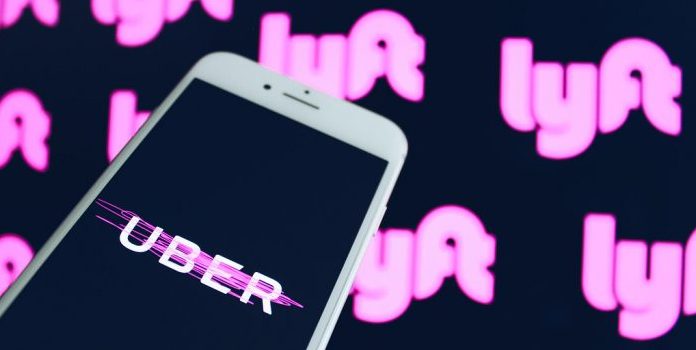(Brad Polumbo, Foundation for Economic Education) This Friday, Uber and Lyft are set to entirely shut down ride-sharing operations in California.
The businesses’ exit from the Golden State will leave hundreds of thousands of drivers unemployed and millions of Californians chasing an expensive cab. Sadly, this was preventable.
Here’s how we got to this point.
In September of 2019, the California state legislature passed AB 5, a now-infamous bill harshly restricting independent contracting and freelancing across many industries. By requiring ride-sharing apps such as Uber and Lyft to reclassify their drivers as full employees, the law mandated that the companies provide healthcare and benefits to all the drivers in their system and pay additional taxes.
Legislators didn’t realize the drastic implications their legislation would have; they were simply hoping to improve working conditions in the gig economy. The unintended consequences may end up destroying it instead.
Here’s why.
AB 5 went into effect in January, and now, a judge has ordered Uber and Lyft to comply with the regulation and make the drastic transformation by August 20. Since compliance is simply unaffordable, the companies are going to have to shut down operations in California.
Their entire business model was based upon independent contracting, so providing full employee benefits is prohibitively expensive. Neither Uber nor Lyft actually make a profit, and converting their workforce to full-time employees would cost approximately $3,625 per driver in California. As reported by Quartz, “that’s enough to boost Uber’s annual operating loss by more than $500 million and Lyft’s by $290 million.”
Essentially, California legislators put these companies in an impossible position. It makes perfect sense that they’d leave the state in response. It’s clear that despite the good intentions behind the ride-sharing regulation, this outcome will leave all Californians worse off.
Uber employs approximately 140,000 drivers in California and Lyft employs roughly 80,000. These 220,000 working Californians will now lose their source of income in the middle of a pandemic and recession, all thanks to the naive intervention of Sacramento regulators who thought they could plan the market. Moreover, the millions of Californians who benefit from and rely on cheap, accessible ride-sharing services will be out of luck.
Yet this isn’t some one-off example where regulators just got it wrong. Rampant unintended consequences inevitably plague any attempt to intervene and “fix” the economy by central planners convened in the state capital.
Here’s how FEE’s Antony Davies and James R. Harrigan summed up the key insight of unintended consequences:
Lawmakers should be keenly aware that every human action has both intended and unintended consequences. Human beings react to every rule, regulation, and order governments impose, and their reactions result in outcomes that can be quite different than the outcomes lawmakers intended. So while there is a place for legislation, that place should be one defined by both great caution and tremendous humility. Sadly, these are character traits not often found in those who become legislators.
There was nothing humble or cautious about the approach California took to regulating the ride-sharing industry. Legislators took a cursory look at a business model they clearly didn’t understand, wished it was different, and thought they could rewrite it entirely on their own. This hubris has not improved conditions for workers, but brought the industry to the brink of destruction.
Benevolent intentions simply aren’t enough. As famed free-market economist Milton Friedman once noted, “concentrated power is not rendered harmless by the good intentions of those who create it.” Still, not all hope is lost for the future of ride-sharing in California.
In this case, voters will have an opportunity to rectify the unintended consequences of this failed attempt at central planning. Uber and Lyft have successfully secured the addition of a ballot question to the November election that will give Californians the opportunity to vote to create an exception to AB 5 for ride-sharing app drivers, allowing them to once again work as independent contractors. (Although freelance writers and many other professions will still be left in the lurch.)
If this vote succeeds, it might be enough to bring Uber and Lyft back to California. But the struggling Golden State will continue to run into problems like this as long as its legislators continue to abandon humility in favor of a heavy-handed approach…Original Source…
Brad Polumbo is a libertarian-conservative journalist and the Eugene S. Thorpe Writing Fellow at the Foundation for Economic Education. He was previously a Media and Journalism Fellow at the Washington Examiner and an editor at the libertarian media nonprofit Young Voices. His work has appeared in outlets such as USA Today, National Review, the Daily Beast, and the Boston Globe, and he has also appeared on Fox News and Fox Business.

